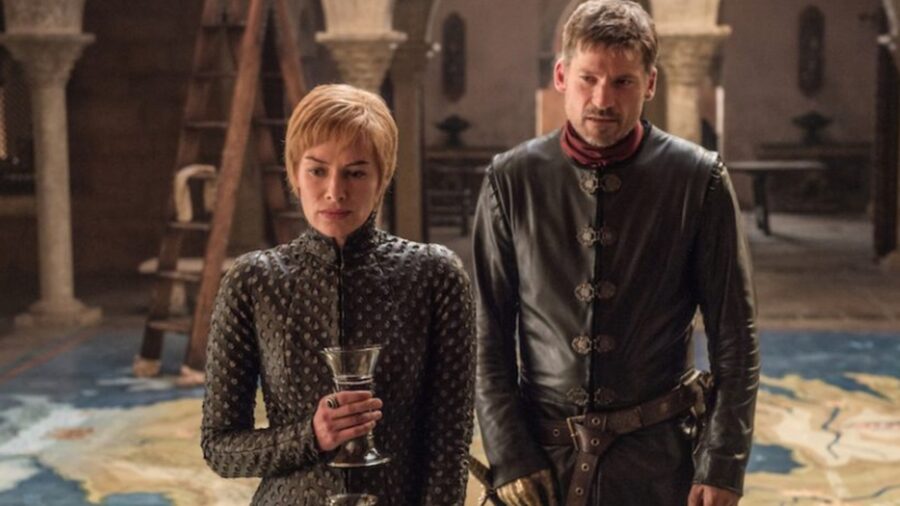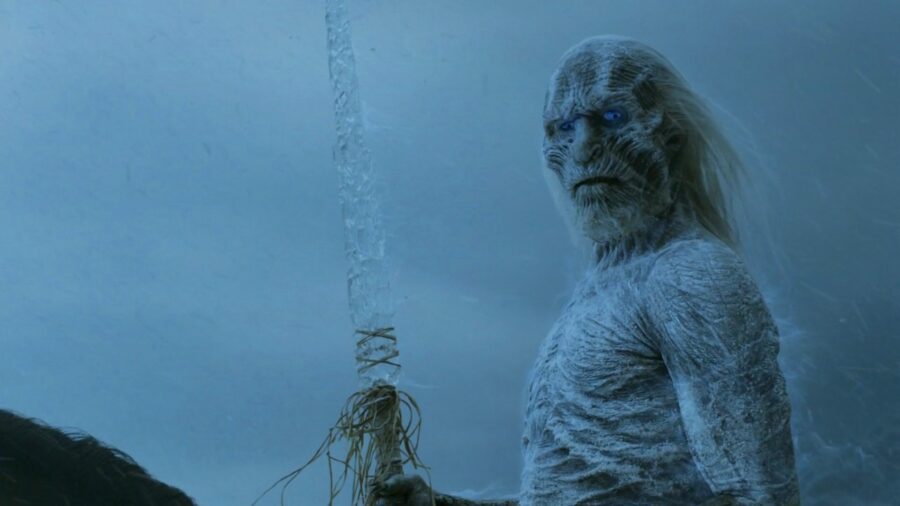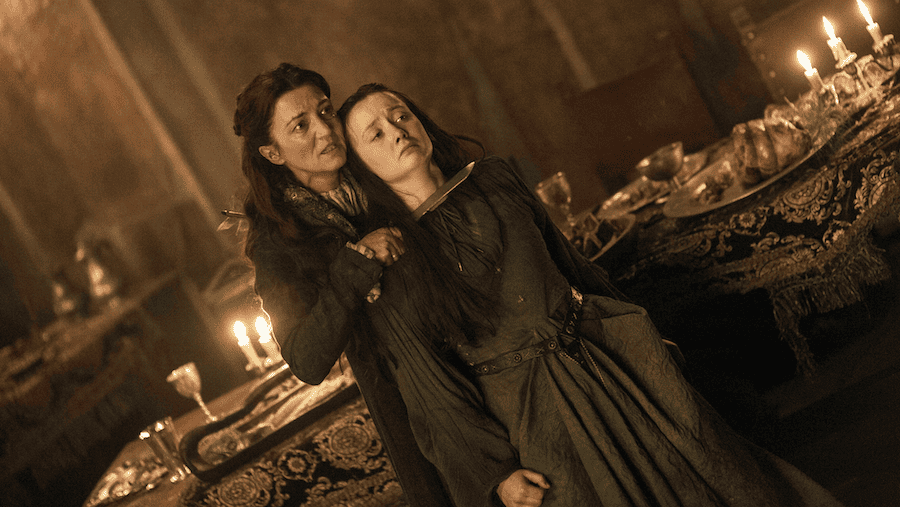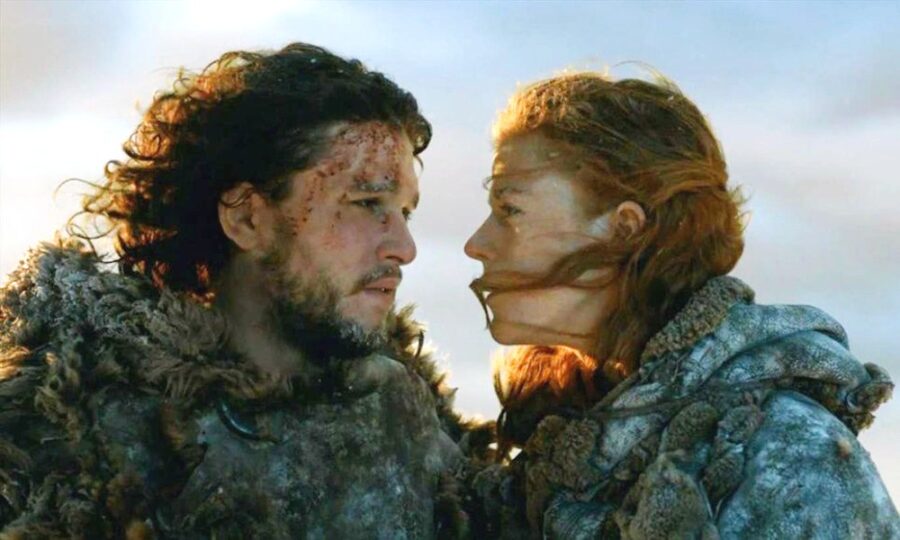The Secret Reason Why Game Of Thrones Is So Successful

Who would have thought that the inciting incident of one of the most popular fantasy series ever—and HBO’s most popular show—would be a child witnessing an act of incest, then getting thrown from a window? But that’s what Game of Thrones did so brilliantly; it relocated fantasy tropes, like White Walkers and dragons, to the absolute periphery, rendering them whispered rumors, near impossibilities.
While, in their stead, George R.R. Martin introduced the raw, ugly aspects of human nature (Machiavellian politics, sexual taboos, economic inequality, for instance). And crucially, Martin stopped just short of altogether dispensing with the fantasy elements, but distanced them as much as possible before slowly, masterfully, reeling them back in.
In other words, dragons out, incest in.
Fantasy Tropes Put On The Backburner

Indeed, Game of Thrones (GOT) owes much of its global success to this profound yet simple innovation. This elegant switch is why the books and TV shows constitute a colossus, casting long shadows over not just fantasy predecessors but the landscape of narrative storytelling itself. GOT emphasized the raw, often ugly facets of human nature and relegated the fantastic to a realm of the remote. So remote, the chances of white walkers reappearing in Westeros seems only slighter higher than them appearing in our own world.
George R.R. Martin Blends Fantasy With Humanity

We all know that fantasy, genre-wise, has long thrived on the spectacular and supernatural. Dragons soar across skies (perhaps most iconically in Game of Thrones, once they make their dramatic entry), magic either redeems or condemns the world, dwarves swing axes, elves stare down on everyone else with peerless haughtiness…etc. These, after all, are the staples that have enchanted readers and viewers alike. Lord of the Rings creator, J. R. R. Tolkien, largely their inventor, was a creative genius owed our enduring respect.
But Martin’s own genius—call it a genius of innovation—was comprehending the real allure of fantasy not merely in its ability to dazzle through the impossible; rather, as much as sci-fi, its cousin genre, fantasy reflects the complexities of our own sordid, imperfect reality, all through the prism of the extraordinary.
Keeping Mythical Creatures Legend And Rumor Paid Off

Take Game of Thrones, where White Walkers exist, but only as a historic relic (like the bubonic lague) for much of the series, specters on the edge of the collective consciousness of Westeros. The same for Dragons—veritably the dinosaurs of the series, huge bones and all.
Each is an “other” so distant from daily struggles that most characters shruggingly regard them as little more than a myth. Thus, their relegation to the background frees Martin to focus on the actual engine of his narrative: the ambitions, betrayals, loves, and losses of his all-too-human characters.
Because when you dial down the dragons as much as possible and ramp up the Machiavellian politics to the point of almost crafting a historical drama, you subtly provide your reader an epxloration of the human condition.
Universal Themes Attractive To Wider Audiences

In essence, the brilliance of this Game of Thrones’s approach is twofold. First, it anchors the story in relatable human drama, enticing viewers through palpable tensions of political intrigue, family trauma, sexual deviance, grief, and the list goes on. These themes are, after all, universal. They transcend the boundary between the fantastical and real, eventuating a narrative compelling to a broad audience.
And, second, by temporarily miniaturizing the fantastic, Martin amplifies its impact. So when dragons finally hatch or White Walkers stalk their way South, the impact is seismic, earned, and substantial.
When Too Much Fantasy At Once Is A Bad Thing : See Season 8

Of course, the reverse of the rule holds true; the more fantasy you inject back in, and the faster you resupply, the more you dilute the narrative edge. As many fans might have bemoaned, unlike its literary source material, the TV series can be faulted for reintroducing the magical too quickly and greedily.
But, at the end of day, Game of Thrones’s original gambit remains a brilliant twist.
White Walkers out, The Hound in.
Nothing like it.












